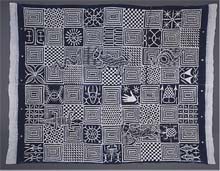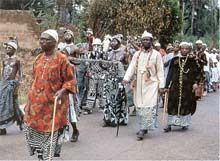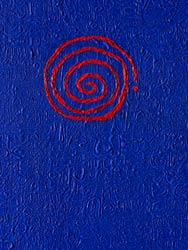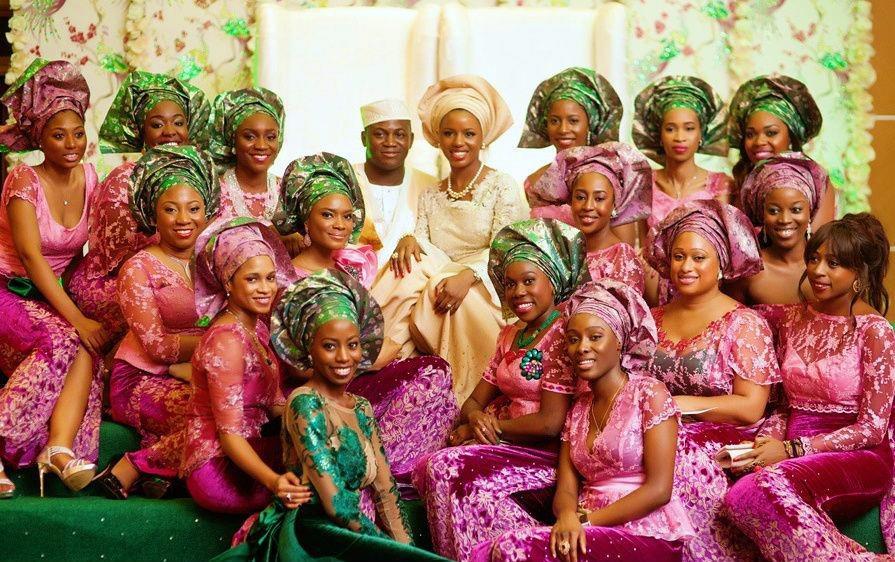Sauanaffe Tustunnagee
Banned
Nsibidi
Nsibidi
 A symbol simply described as "Nsibidi name written" by Elphinstone Dayrell in 1911.[1]
A symbol simply described as "Nsibidi name written" by Elphinstone Dayrell in 1911.[1]
Type Ideographic with pictographicand perhaps logographic elements
Languages Igbo, Ekoid, Efik/Ibibio.
Time period pre–15th century – present
Parent systems Nsibidi (see also Proto-writing)
Child systems anaforuana (Cuba), veve (Haiti)
Nsibidi (also known as nsibiri,[2] nchibiddi or nchibiddy[3]) is a system of symbols indigenous to what is now southeastern Nigeria that is apparently an ideographic script, though there have been suggestions that it includeslogographic elements.[4] The symbols are at least several centuries old—early forms appeared on excavated pottery as well as what are most likely ceramic stools and headrests from the Calabar region, with a range of dates from 400 to 1400 CE.[5][6]
There are thousands of nsibidi symbols, of which over 500 have been recorded. They were once taught in a school to children.[7] Many of the signs deal with love affairs; those that deal with warfare and the sacred are kept secret.[7] Nsibidi is used on wall designs, calabashes, metals (such as bronze), leaves, swords, and tattoos.[2][8] It is primarily used by theEkpeleopard secret society (also known as Ngbe or Egbo), which is found across Cross River among the Ekoi, Efik, Igbo people, and other nearby peoples.
Outside knowledge of nsibidi came in 1904 when T. D. Maxwell noticed the symbols.[4] Before the British colonisation of the area, nsibidi was divided into a sacred version and a public, more decorative version which could be used by women.[8] Aspects of colonisation such as Western education and Christian doctrine drastically reduced the number of nsibidi-literate people, leaving the secret society members as some of the last literate in the symbols.[9] Nsibidi was and is still a means of transmitting Ekpe symbolism. Nsibidi was transported to Cuba and Haiti via the Atlantic slave trade, where it developed into the anaforuana and veve symbols.[10][
Nsibidi
 A symbol simply described as "Nsibidi name written" by Elphinstone Dayrell in 1911.[1]
A symbol simply described as "Nsibidi name written" by Elphinstone Dayrell in 1911.[1]Type Ideographic with pictographicand perhaps logographic elements
Languages Igbo, Ekoid, Efik/Ibibio.
Time period pre–15th century – present
Parent systems Nsibidi (see also Proto-writing)
- Nsibidi
Child systems anaforuana (Cuba), veve (Haiti)
Nsibidi (also known as nsibiri,[2] nchibiddi or nchibiddy[3]) is a system of symbols indigenous to what is now southeastern Nigeria that is apparently an ideographic script, though there have been suggestions that it includeslogographic elements.[4] The symbols are at least several centuries old—early forms appeared on excavated pottery as well as what are most likely ceramic stools and headrests from the Calabar region, with a range of dates from 400 to 1400 CE.[5][6]
There are thousands of nsibidi symbols, of which over 500 have been recorded. They were once taught in a school to children.[7] Many of the signs deal with love affairs; those that deal with warfare and the sacred are kept secret.[7] Nsibidi is used on wall designs, calabashes, metals (such as bronze), leaves, swords, and tattoos.[2][8] It is primarily used by theEkpeleopard secret society (also known as Ngbe or Egbo), which is found across Cross River among the Ekoi, Efik, Igbo people, and other nearby peoples.
Outside knowledge of nsibidi came in 1904 when T. D. Maxwell noticed the symbols.[4] Before the British colonisation of the area, nsibidi was divided into a sacred version and a public, more decorative version which could be used by women.[8] Aspects of colonisation such as Western education and Christian doctrine drastically reduced the number of nsibidi-literate people, leaving the secret society members as some of the last literate in the symbols.[9] Nsibidi was and is still a means of transmitting Ekpe symbolism. Nsibidi was transported to Cuba and Haiti via the Atlantic slave trade, where it developed into the anaforuana and veve symbols.[10][









 ..infact here it is:
..infact here it is:



 why do you think Igbo and the Ancient Kemite languages share so many words
why do you think Igbo and the Ancient Kemite languages share so many words
 obviously you haven't read this thread
obviously you haven't read this thread as shown in the earlier post these Igbo/Kemet words have to striking a similarity in sound and meaning to be mere coincidence
as shown in the earlier post these Igbo/Kemet words have to striking a similarity in sound and meaning to be mere coincidence 